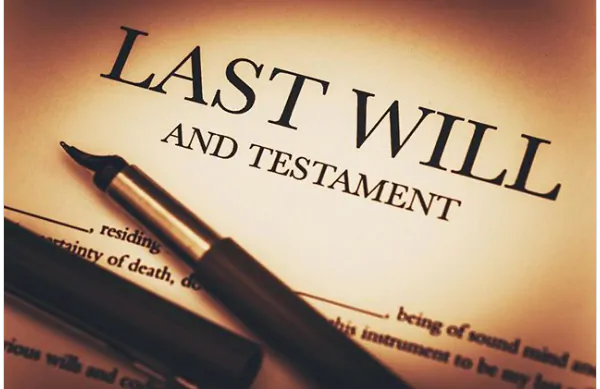Drafting last wills and testaments

All estates, small or large, require proper planning.
Elmarie Louw is a professional, qualified attorney with the necessary knowledge and expertise to provide you with advice regarding applicable legislation to your unique situation; and the validity and effect of your current will and if it is in line with your wishes. Freedom of testation is afforded to each South African and that right allows you to draw up a will in terms of which you dictate how your assets are to be disposed of after your demise.
Should you not have a valid will at the time of your death, the provisions of the Intestate Succession Act determine who will inherit your estate. For example: if you leave behind a spouse and children, the spouse and children will inherit your estate. Your spouse will be entitled to a child’s share or R250 000.00, whichever is the greater. There might be unhappiness and conflict amongst the members of your family because there are no clear instructions on how to distribute your assets.
Regarding inheritances of minor children (persons who are younger than 18), the Administration of Estates Act stipulates that:
The child’s cash inheritance must be paid into the Guardian’s Fund.
Immovable property can be registered in the child’s name, but once registered can only be transferred/sold after application to and approval from the High Court.
Movable property can be handed over to the guardian for safe keeping until the child turns 18 years of age, but the guardian will then have to provide security to the Master equal to the value of the movable property.
The guardian of the minor child can apply for maintenance for the minor child from the Guardian’s Fund. The maintenance will be paid from the accrued interest (currently interest is paid on the investment at 5% per annum) and up to R250 000.00 from the invested capital. Once the child turns 18, he/she can withdraw the balance of his/her inheritance and accrued interest.
By executing a valid will, however, you will be
in a position where you can alter the default position by creating a
Testamentary Trust for the child to serve as a vehicle through which he/she can
receive his/her inheritance. The Trustees of the Testamentary Trust, whom you
nominate in your will, are then afforded powers (authority) over the assets and
maintenance of the minor child. You will
probably also stipulate a more advanced age at which the minor will be entitled
to receive his/her inheritance.
